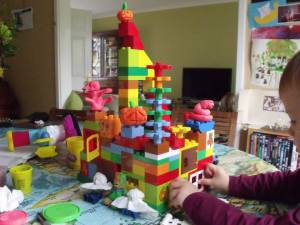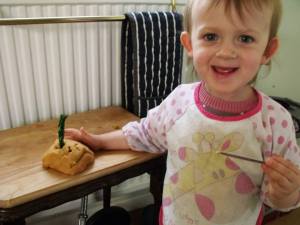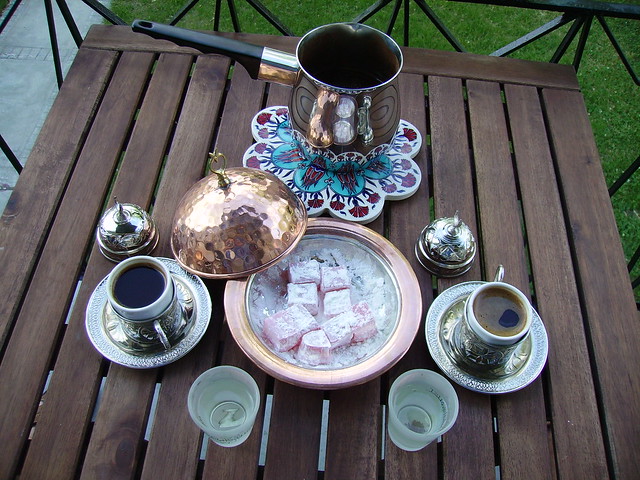1893 Tchaikovsky’s Pathétique premieres
1915 Strauss conducts first performance of Eine Alpensinfonie
International Animation Day – can you make one?
Greek National Day (Ochi Day)
Greece’s official name is the Hellenic Republic but no one calls it that.
It was home to the first advanced civilisations in Europe, the Cycladic, Minoan and Mycenian civilisations, from 3200 B.C.
The first Olympic Games occurred in 776 BC, and Homer’s Iliad (an epic about the Trojan war) and the Odyssey (an epic about Odysseus’s adventures around magical Greek islands) around then too.
Their architecture, philosophy, maths, drama, science and literature were all ground-breaking and still influence the West today. They invented democracy, for cripes’ sakes.
The Persian Empire invaded in 500 BC, but Philip II and his son Alexander III, or Alexander the Great, pushed them out again. Alexander the Great’s empire dissolved after his death into lots of little empires.
Greece then became a protectorate of the Roman Empire, which greatly admired its culture, and Greece helped with the spread of Christianity as it was well into it.
The Roman Empire then fell in the West and became the Byzantine Empire in the East – predominantly Greek-speaking, with its capital in Constantinople. The Goths, Huns and Slavs invaded (known as the Barbaric Invasions).
After the Fourth Crusade (when Western Europe honestly intended to go and conquer the Muslims in Jerusalem but was distracted by invading Christian Constantinople and causing quite a big divide between Roman Catholic and Green Orthodox Christianities), Greece came under Frankish rule in 1204 (the Franks were some Germans who settled in France. That’s right, France is named after Germans.)
In the 14th century the Slavs then the Ottomans (Turks) invaded, and Byzantine scholars fled to Western Europe and brought Greek knowledge to the Renaissance. The Ottomans hated the Greeks, especially the Christian ones, and whenever the Ottomans had to fight against other invaders the Greeks usually took the side of the invaders.
The Reformation and the Enlightenment were kept out of Greece, but in the 18th century Greek merchants did a bit of travelling, raised a bit of money, and started to think about kicking the Ottomans out.
The resulting civil war was going quite badly until England, Russia and France came in and won it for the Greeks.
From World War I the country was very much divided on a few important subjects, like what the national language should be (Ancient Greek or Demotic), whether to be royalist and pro-German or republican and pro-Britain. In the end they fought against Germany.
After WWI they tried to conquer Asia Minor (nope).
In World War II Italy decided they wanted Greece and had a fight with them, and it is their resistance to this ultimatum that the National Day celebrates today, and the Germans got involved and occupied Greece (and treated them very badly, of course).
After being liberated, Greek communists and anti-communists had a civil war and generally distrusted each other for the next 30 years.
From 1967 they were under a horrid military rule until 1974, when Turkey invaded Cyprus, about which NATO didn’t do much. Greece pulled out of NATO in protest and replaced its government with a democratically elected one.
They rejoined NATO in 1980, joined the EU in 1981, forgave Turkey its misdeeds when both Turkey and Greece were hit by earthquakes in 1999, and had an economic crisis in 2010.
Greek activities: Mums can read Captain Corelli’s Mandolin, which fictionalises an account of the refusal to allow Mussolini to just pop in and take Greece.
Kids can do all sorts of stuff, like make paper dolls of the Greek gods and goddesses to learn about their attributes, or do any Olympic games, or play online games here, here or here. There are a lot of Greek foods you could try here.
Czech Independence Day – see 28th September





-3_new.jpg)












